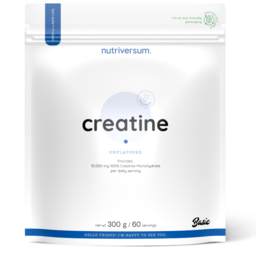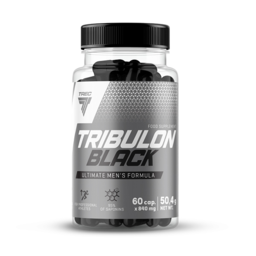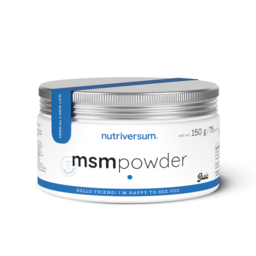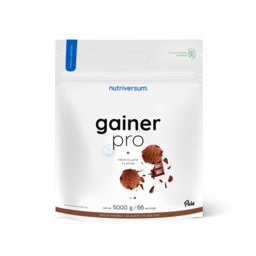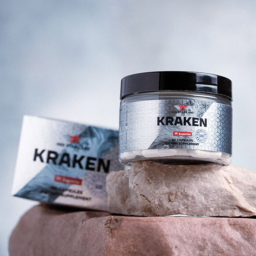L-Carnitine 90cap
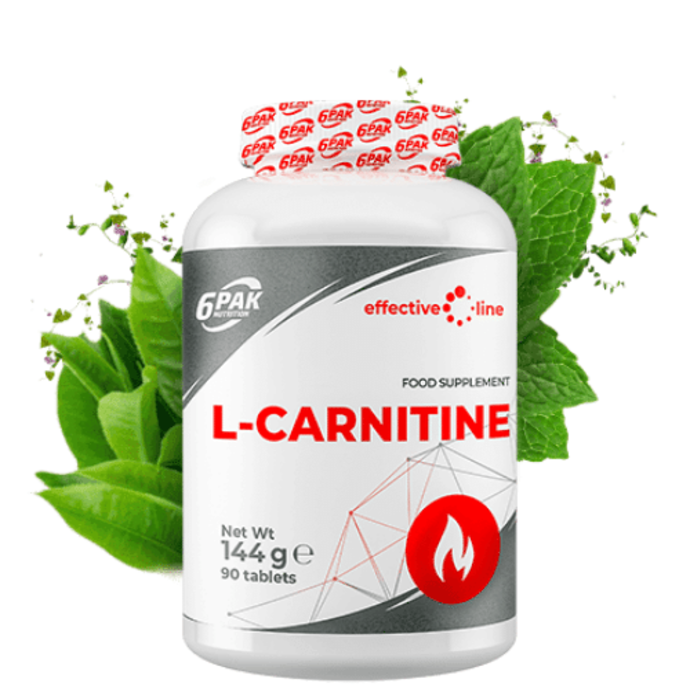
By courier
Product info
- Brand
- 6PAK
- PN
- 299
You may also like
Our offer will appeal to everyone who is physically active and wants to supplement their diet with L-carnitine. Trouble-free supplementation is what we all value most. L-carnitine in convenient capsule form - “Effective L-carnitine line” will be the ideal choice!
What is L-carnitine?
Carnitine is an amino acid derivative and a trace element that plays a key role in intermediate metabolism, the main function of which is to participate in the transport of long-chain fatty acids into the mitochondrial matrix, where fatty acid oxidation occurs. Other purposes of carnitine include maintaining membrane integrity and reducing lactate production. Human muscles contain large amounts of carnitine, but this is dependent on the supply of this compound from the bloodstream due to the inability of muscles to synthesize carnitine. Mitochondrial fatty acid oxidation is an important source of energy for muscle metabolism, especially during exercise.
Where does L-carnitine come from in our body?
Our bodies obtain carnitine primarily from food, primarily from animal-based foods such as red meat, chicken, fish and dairy products. Only 25% of carnitine comes from endogenous synthesis. Carnitine biosynthesis requires two essential amino acids: L-lysine and L-methionine. It is estimated that the total carnitine content in the human body is about 300 mg/kg, of which about 95% is stored intracellularly in the heart and skeletal muscle, and the remainder in the liver, kidneys and plasma. The amount of circulating carnitine in plasma is only 0.5% of the total amount of carnitine in the body. In other words, among various peripheral tissues, muscle is likely to be the main target for carnitine transport. Approximately 90–95% of total carnitine is concentrated in muscle, with a muscle to plasma concentration ratio of approximately 50:11.
Why do we use L-carnitine?
L-Carnitine is used as a dietary supplement by recreationally active individuals and by professional and highly trained athletes. The main function of L-carnitine is to transport long-chain fatty acids into the mitochondrial matrix for conversion into energy. L-carnitine is also involved in the regulation of metabolic pathways that are important for the balance of skeletal muscle proteins (proteolysis and protein synthesis). The use of L-carnitine is popular as an ergogenic aid, and the underlying assumption is that increasing muscle carnitine content will increase muscle fat oxidation and delay muscle glycogen depletion. It is believed (and, of course, there is scientific evidence) that L-carnitine plays an important role in increasing endurance and recovery from fatigue.
Reviews
0 Overall rating0 out of 0 (0%)
Customers recommended this product
